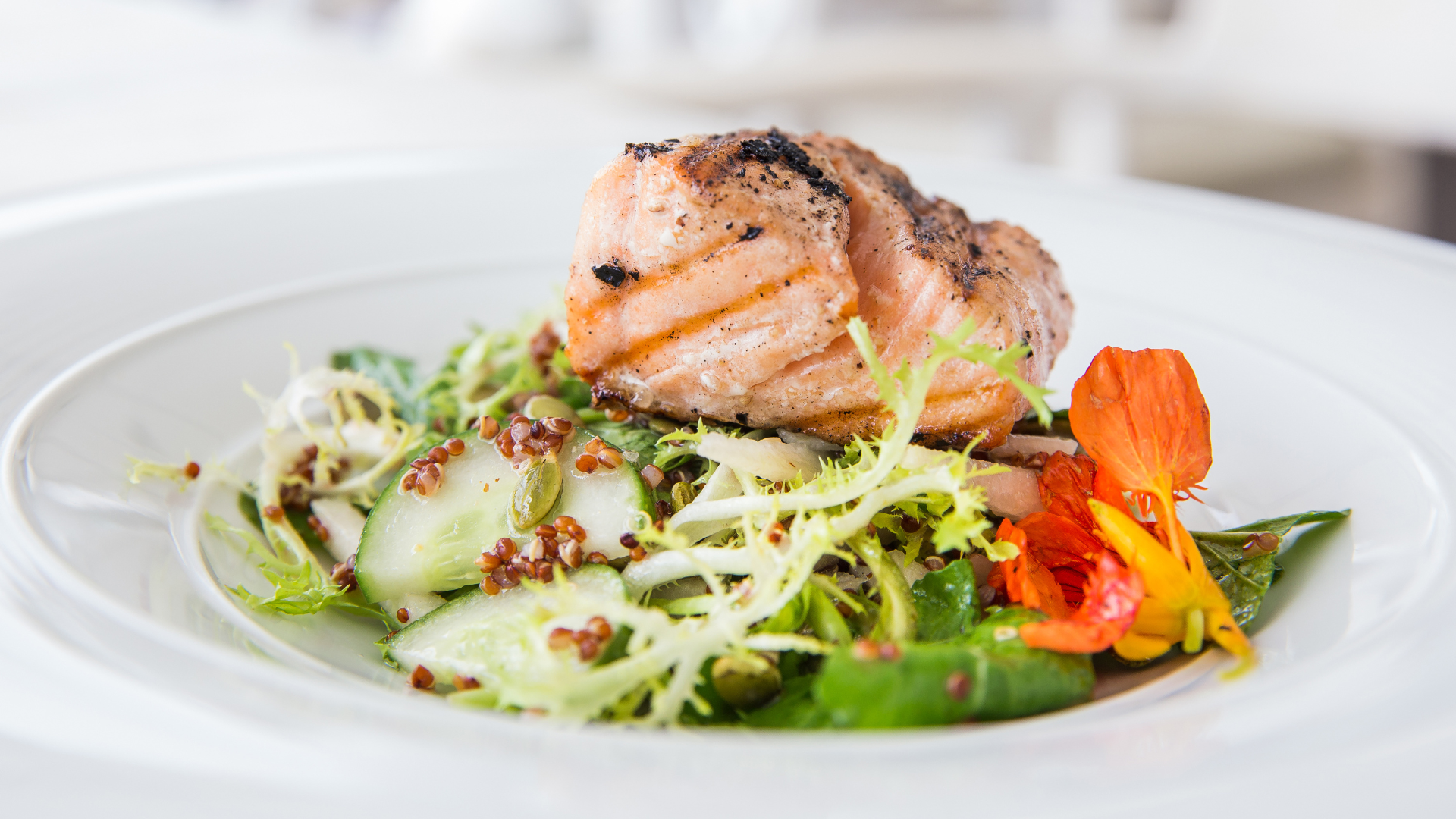Are you trying to lose weight? Eating the right foods, in the right amounts, at the right times, and in the right combination can help you lose weight. Many foods contain nutrients, vitamins, and minerals that are beneficial to our bodies, while others can cause inflammation and disease in our bodies. Good nutrition in a healthy diet can help our bodies function properly and aid in weight loss. While we understand that a diet meal has to do with its nutritional content (or lack thereof; i.e., fat, carbohydrates, protein, fiber, sugar, etc.), there is a difference between a diet meal and a meal made during any diet. Diet meals are always considered low-calorie, low-fat, low-fat, fat-free, or low-calorie foods, while a meal made during any diet is often still considered a meal—which some diet meals can be, while others should be limited to two per day.
Having a diet meal that is low in calories, has a small number of carbohydrates, and is high in protein has been the basis for multiple diet books and fad diets. Most diet meals contain a combination of the following macronutrients: carbohydrates, fats, and protein. Think about this for a moment: how many meals contain absolutely no carbohydrates or very little fat? Fat is not the enemy, but Carbohydrates are.
Here’s What Makes a Meal, A Diet Meal:
- Vitamins and Minerals
A healthy meal should contain vitamins and essential nutrients such as carbohydrates, proteins, fats, vitamins, and minerals. To achieve healthy food goals, it is important to eat a balanced meal. Your body is a machine. If you want the machine to work well, you need to feed and fuel it right. Meals are the fuel that keeps the body going and proper functioning. Food without the proper nutrients can cause a deficiency, which can lead to health problems or even death. Vitamins and minerals play a large role in a healthy diet because they help your body perform vital tasks.
- Carbohydrates
Carbohydrates are an essential part of our diet, and our bodies need them for energy production and brain function. However, too much carbohydrate in our diet can lead to weight gain, so it’s important to keep the right balance in your diet. When you eat carbohydrates, your body breaks down the nutrients into glucose, which it then uses as fuel.
- Fats
(Fats) are an important nutrient. Fats provide energy that makes people feel full. Some fats (especially fats in animal foods like meat, poultry, fish, and dairy) are also an important source of high-quality protein.
- Water
It’s a good rule of thumb to make that meal is your main meal of the day. Did you know that food provides your body with the energy it needs to function? While protein fuels energy and carbohydrates fuel your central nervous system, fat provides fuel for the organs and muscles. Water not only quenches your thirst, but water is necessary for transporting nutrients throughout your body. People everywhere need to stay hydrated. Whether they’re exercising, working, playing, or just lounging around the house, staying hydrated is critical for our overall health. Focus on drinking enough water throughout the day, and your body will thank you.
- Protein
When most people think of dieting, the first thing that comes to mind is eating less. While that is one sure-fire way to lose weight and stay healthy, it’s not the only thing you need to be paying attention to. In order to lose weight and keep it off, it’s important to include the right amount of protein in your diet. Whether you’re trying to lose weight or trying to eat healthily, protein is an important nutrient to get in your diet. Protein is essential for building and maintaining muscles, as well as helping your body function. Protein helps the body process carbs, fats, and sugars and keeps your body and muscles healthy.
A diet meal is a meal that falls under 800 calories. Some might think that eating less and exercising more is the best way to lose weight, but the newer trend changes the way we look at losing weight. A diet meal is a low glycemic meal, meaning a meal that is low in carbohydrates. This diet meal is eaten less than 3 times a day and is recommended for dieters. If a meal is high in protein, it will have a higher glycemic index, meaning a higher carbohydrate content.
What exactly is a meal? It’s anything we eat with the intention of fueling our bodies. So, yes, technically, a donut and coffee could be considered a meal, but it’s not really what we would call healthy. You could have leftovers from the night before, a salad, or even some bread for lunch. And for dinner, you could enjoy pasta, a turkey burger, or steaks. It’s this notion that a meal is any food we take into our body to fuel our body that helps us know what a meal, or diet meal, is. A diet meal is anything we take into our body with the intention of losing weight. We eat fewer calories, fats, and carbs but still need to fuel our bodies.

